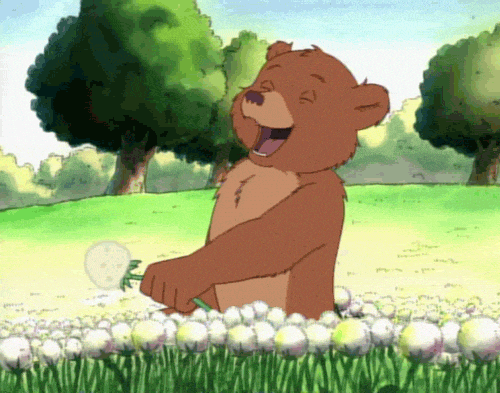Ah, to be young again
Plus, when the vibes are good but fleeting
BRAIN WAVES
Kid stuff. How much do you remember about your childhood? Some people seem to recall the tiniest details, like the time your Uncle Larry burped loudly at Thanksgiving dinner. Others can’t recall much at all. In a recent study, researchers theorized that difficulty is related to our bodies changing over time. “When our childhood memories were formed, we had a different body,” senior author Jane Aspell told PsyPost, “So we wondered: if we could help people experience aspects of that body again, could we help them recall their memories from that time?” To test this, 50 adults took part in an online experiment where half of them watched a live video of their face digitally altered to look like themselves as children, and the other half saw an unaltered adult face. From there, each group was asked to recall childhood events while still looking at the face. The research looked at two different types of memory: semantic memory, which is remembering general factual information, and episodic memory, which is the ability to almost re-experience the same personal event again in your mind, recalling sensory details and emotions. So what did they find? People who saw themselves with the childlike face had significantly more episodic details about their childhood memories. “We discovered that...embodying a childlike version of one’s own face, can significantly enhance access to childhood memories,” said lead author Utkarsh Gupta.
Highs and lows. Have you ever been so intensely emotional about something, only to find that a few days later, after the feeling wears off, you can hardly explain why you got so worked up? UC Berkeley researchers wanted to find out whether positive and negative emotions fade at different rates over time and how anxiety might play a role in that process. They ran two studies where people were repeatedly exposed to positive, negative and neutral images — all depicting either human emotions or human interactions. The first study measured the participants’ baseline anxiety, while the second introduced a stressful task —giving a speech — to see how that anxiety affected these emotional responses over time. The findings? “Positive experiences lose their emotional impact more quickly, whereas negative experiences tend to linger,” explained lead author Elizabeth Yartsev. Interestingly, anxiety made people even more desensitized to happy moments. So while everyone tends to let go of the good and dwell in the bad, anxious people may have an even harder time holding onto the highs.
Heartache. The end of a relationship can be challenging, painful, and transformative. But there are techniques we can use to try and ease the pain. Listen to learn more.
ON THE HIDDEN BRAIN PODCAST
Why Following Your Dreams Isn’t Enough: Entrepreneurs typically have no shortage of passion. But there are other elements that may matter more when it comes to whether their projects succeed.
ON THE MY UNSUNG HERO PODCAST
Lavonne Schaafsma’s Story: When her purse went missing on a trip to Chicago, Lavonne panicked. What she didn’t know: two strangers had already stepped in to help.
Don’t forget to send us the story of your unsung hero! Record a voice memo on your phone and email it to myunsunghero@hiddenbrain.org.
NEW STOPS ON THE HIDDEN BRAIN TOUR!
Good news! The Hidden Brain tour continues, and we’ve added more stops. Join our host Shankar Vedantam as he brings seven key insights from the first decade of Hidden Brain to the stage. You don’t want to miss it!
BUSINESS HISTORY
What if the world’s most iconic hippie van was originally made for Hitler? Or the electric chair and Thomas Edison had more in common than you think?
Business History, a new show from the former hosts of Planet Money, uncovers the brilliant and sometimes bizarre stories about the past’s greatest innovations, entrepreneurs, and mavericks. From why whisky made Southwest Airlines a success to how Warren Buffett spied on companies through investing, Business History is required listening for anyone who wants to understand the business beneath the business. Find Business History wherever you get podcasts.
MIND GAMES
A hat and scarf cost a total of $1.10. The hat costs $1.00 more than the scarf. How much does the scarf cost?
LAST WEEK’S PUZZLE
A man goes out for a walk during a storm with nothing to protect him from the rain. He doesn’t have a hat, a hood or an umbrella. But by the end of his walk, there isn’t a single wet hair on his head. Why doesn’t the man have wet hair?
The answer: He’s bald
A MOMENT OF JOY
This weekly newsletter is made possible in part by Loom by Atlassian. Unstuck your process, projects, and teams with video communication from Loom. Try Loom today at loom.com.
Have an idea for Hidden Brain? A story you want to share with us? Send an email to ideas@hiddenbrain.org. Listen to us on Spotify, Apple, Amazon Music or your favorite podcast platform.




